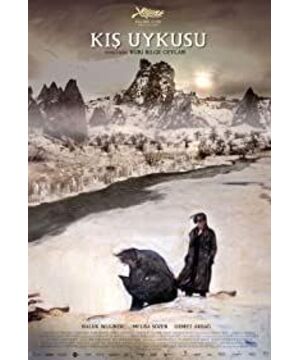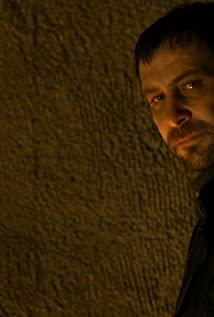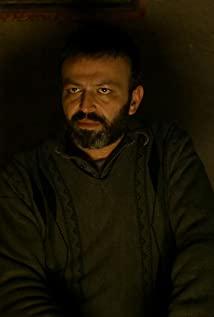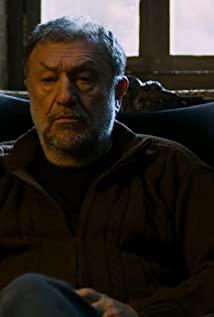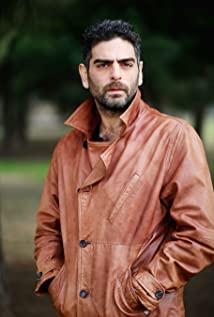The horse catcher said, Anatolian horse, you will know it everywhere, it is Anatolian horse.
In some people's minds, horses are divided into races, and people are divided into classes. For intellectuals like Aydin, this is nothing to blame. Morality, responsibility, ideals, these keywords are the criteria for measuring whether a person meets the social norms, but his wife said, "Fuck you." There are also words of integrity like always doing good and always fighting against evil, but his sister doesn't fully approve it either. Not to mention those poor people who live in dilapidated houses. The gap between them is not only a few hours of mountain roads, but also a world of difference that cannot be eliminated.
This time Ceylan didn’t care about the gaze of "the past of the small town", but instead focused on the endless chattering of "discussions", letting those secret pasts covered in the "small town", the details of the life in the "blue sky in May", and The forbearance and sadness in "The Far Place" all appear as "human words." Ceylan changed his previous practice of putting "ambiguity" in the scene, this time he put "ambiguity" in language. Language is the crack between the human heart and the earth, and the deep undercurrents are growing between the lips and teeth. There is not much contemplation in the long snow in Anatolia, but more of the "hustle and bustle of human nature" in the cave that alternates between light and light. Any accidental conflict can lead to a fierce predicament, and the meeting point of the prehistoric is " The indescribable form of "truth". Ceylan uses Chekhov's absurd humor to construct a Jishi-style social analysis fable. The director himself said that this is intellectual introspection (self-deprecating). Even though this introspection has traces of ideological design in the film, in this seemingly remote illusion, it does not reduce the complexity and complexity of any social element. The difference makes conflicts and collisions even more unprepared.
In what we think of as "modern", history is determined by some internal force and inevitability, and time has a direction. In the contemporary era, the simple opposition disappears, everything converges in movement, and various historical times are mixed into the present and converge into "contemporaries." When explaining what contemporary people are, Giorgio Agamben said: contemporary people are "out of fashion." In 1874, Friedrich Nietzsche stated this position in his "Untimely Contemplation": "I tried to understand what this era has the right to be proud of, namely its history and culture, as a malpractice and incompetence. And defects, because I believe that we are all being destroyed by the high fever of the times, and we should at least be aware of this.” Nietzsche puts himself and the present into a kind of fracture and disintegration. The real contemporary people are those who People who don’t fit or adapt to the requirements of the times. It is because of "untimely" that they can perceive and understand their own times better than others.
We see that Ceylan's consideration of himself and the present is a reflection from an untimely perspective. This kind of reflection is in
Roland Barthes stated in a letter to Michelangelo Antonioni: "The wisdom of an artist as I understand it is not a quality in the classical sense. The artist knows that the meaning of things is not their truth. This is a kind of wisdom. People can say that it is a kind of weird wisdom, because it pulls the artist out of the collective and arrogant crowd." He believes that this kind of artist's wisdom does not impose "meaning." It does not dissolve the "meaning". This dialectic may make his works elusive, and the artistic value exists in it, that is, the road to meaning is always open. This kind of "openness" is also permeated in Ceylan's works, especially the previous series of semi-autobiographical films. In this film, Aydin stands on a snow-covered railway. There is a frozen beast and a tree full of crows beside the road, but a awakening is brewing in his heart.
After a drunk, the wanderers go away, and the hibernating ones gradually fall asleep. In the turbulent snowy night of Cappadocia, Aydin untied the reins, like unraveling a persistent dilemma. The wild horse quickly disappeared into the rugged wind with a scream.
Ceylan didn't give this intricate fable a clear and profound ending, but gave all the ambiguity and love and hatred to the time that exists but has no place to live. Perhaps this also shows his own attitude towards himself and the world:
"I know we can’t reconcile as before, but the days will always go on."
View more about Winter Sleep reviews


